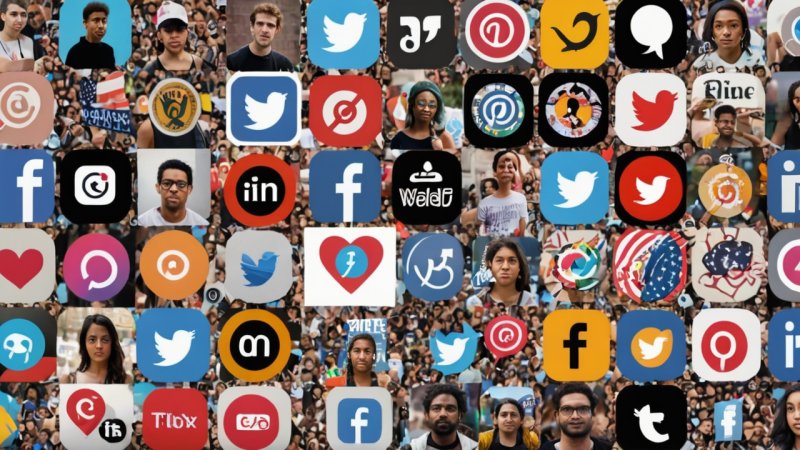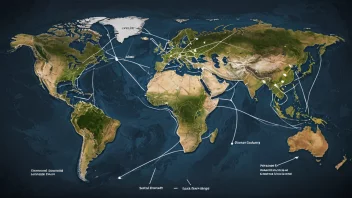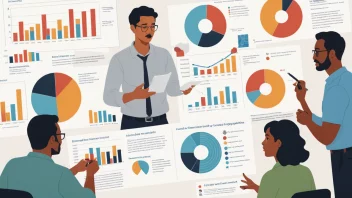1. Amplifying Voices
Social media platforms provide a stage for marginalized voices that may not be heard in traditional media. Activists can share their stories, experiences, and causes, reaching a global audience instantly.
2. Mobilizing Support
With just a few clicks, social media allows activists to organize events, protests, and campaigns. This mobilization can happen rapidly, as seen in movements like #BlackLivesMatter, which gained traction through tweets and posts.
3. Creating Awareness
Social media serves as a powerful tool for raising awareness about social issues. Infographics, videos, and personal testimonials can highlight injustices and educate the public, making complex topics more digestible.
4. Building Communities
Online platforms foster communities of like-minded individuals who can support each other. These digital spaces allow activists to share resources, strategies, and emotional support, creating a sense of belonging and collective strength.
5. Influencing Policy Change
Social media campaigns can catch the attention of policymakers and influence legislative changes. Viral hashtags and trending topics can pressure governments to respond to public demands, demonstrating the power of online activism.
In conclusion, social media has transformed the landscape of activism by amplifying voices, mobilizing support, creating awareness, building communities, and influencing policy change. Understanding these dynamics can empower individuals to engage more effectively in social justice movements.






